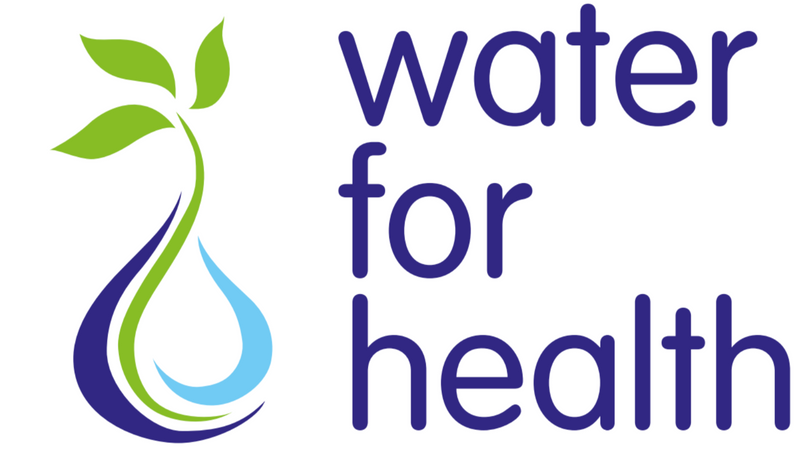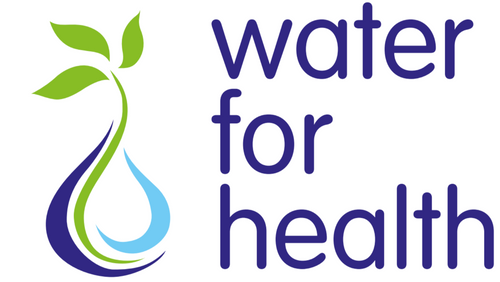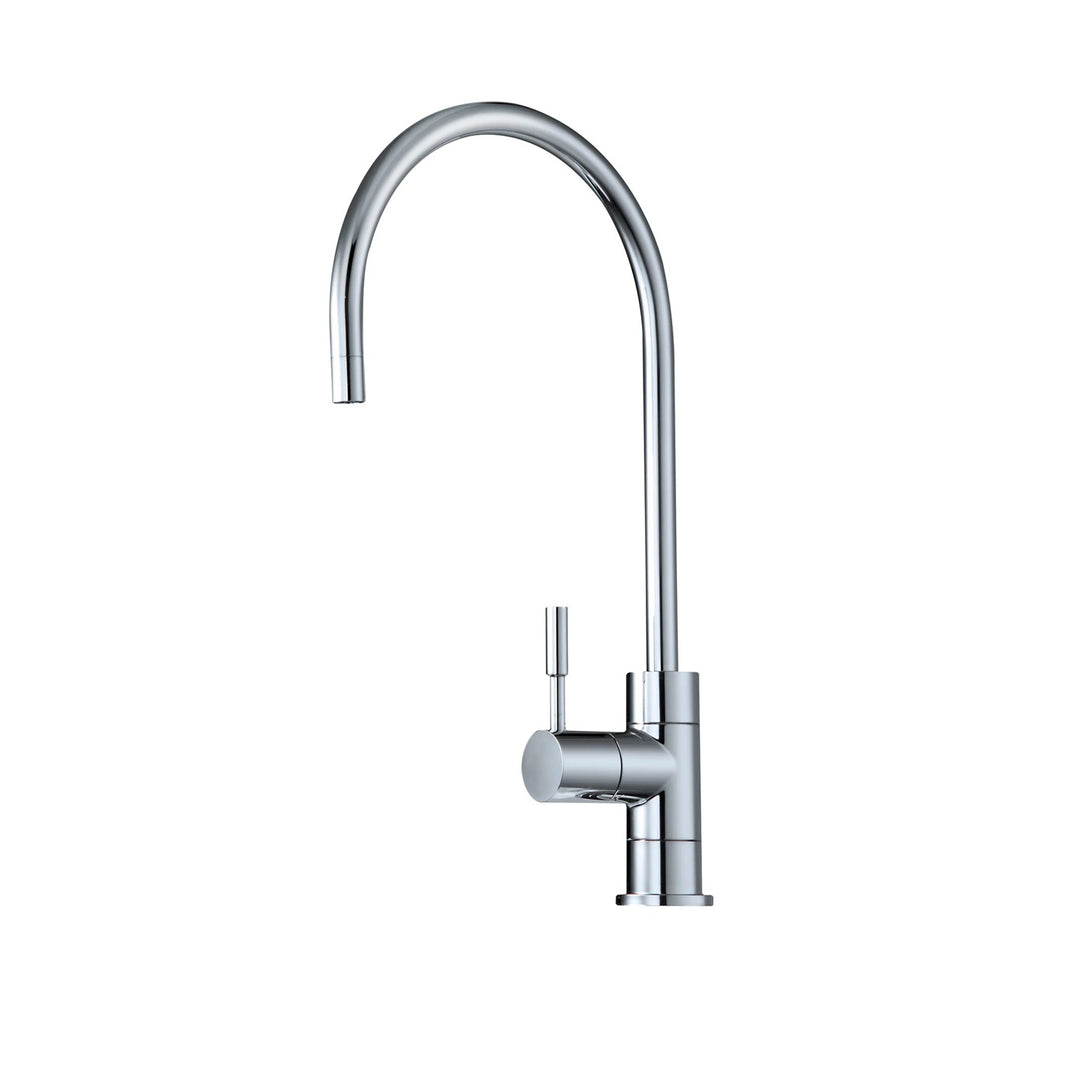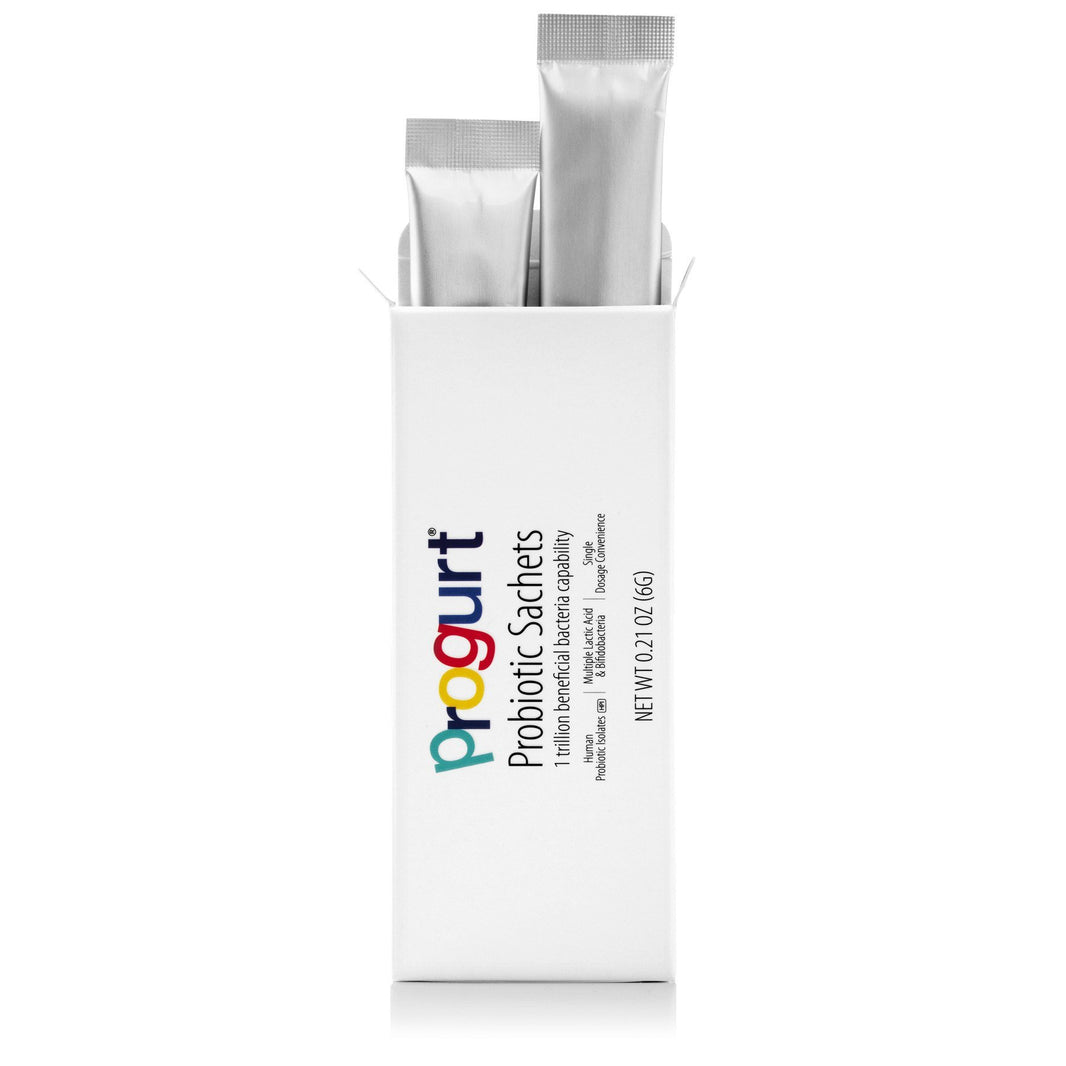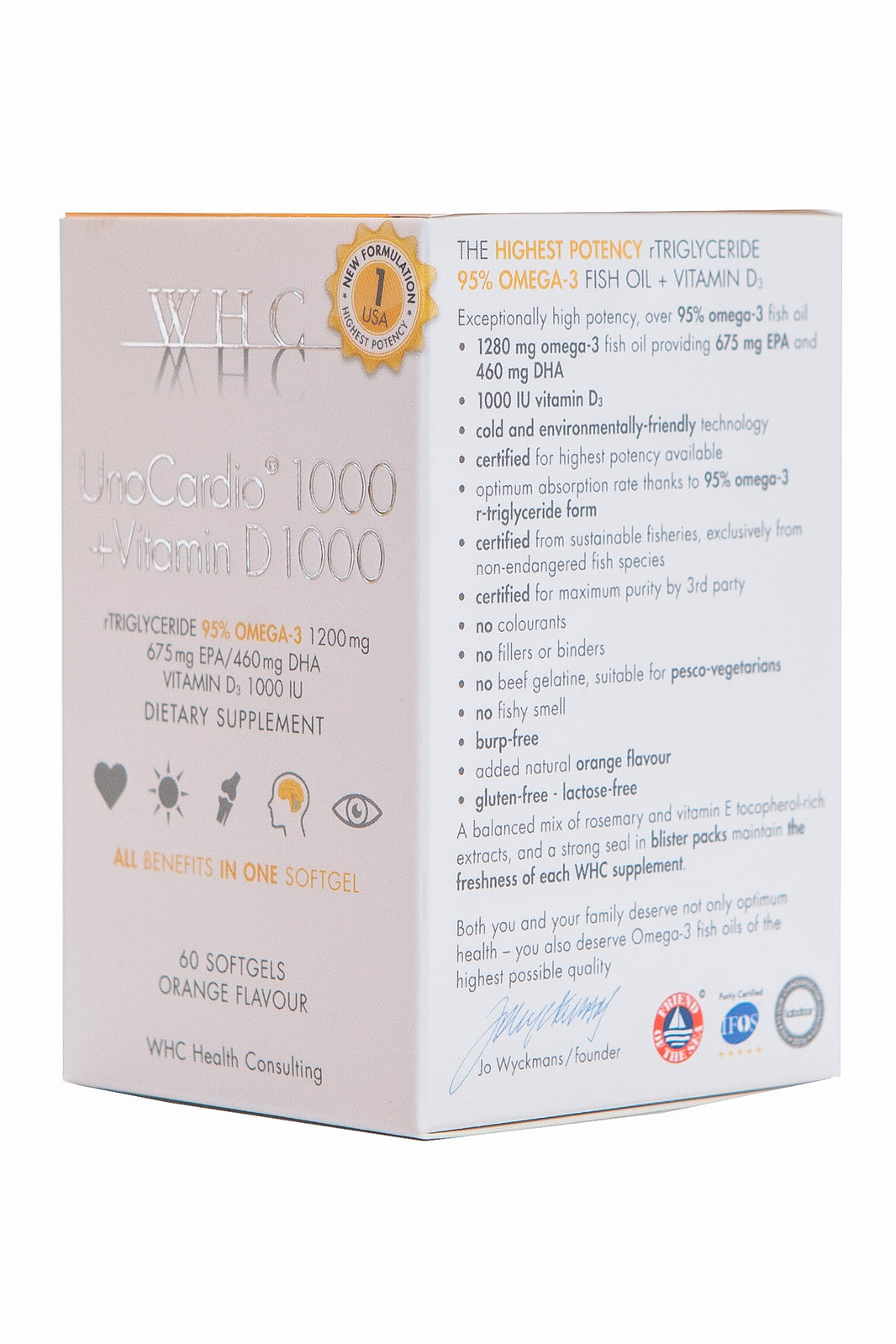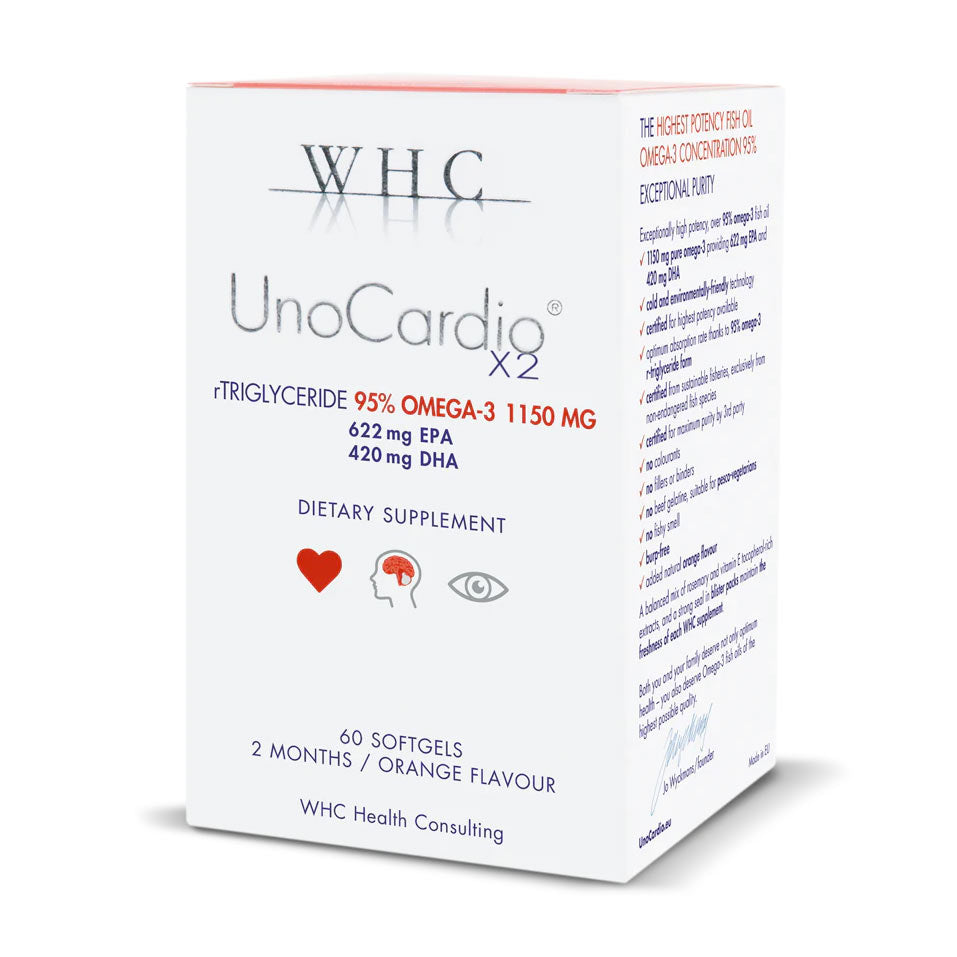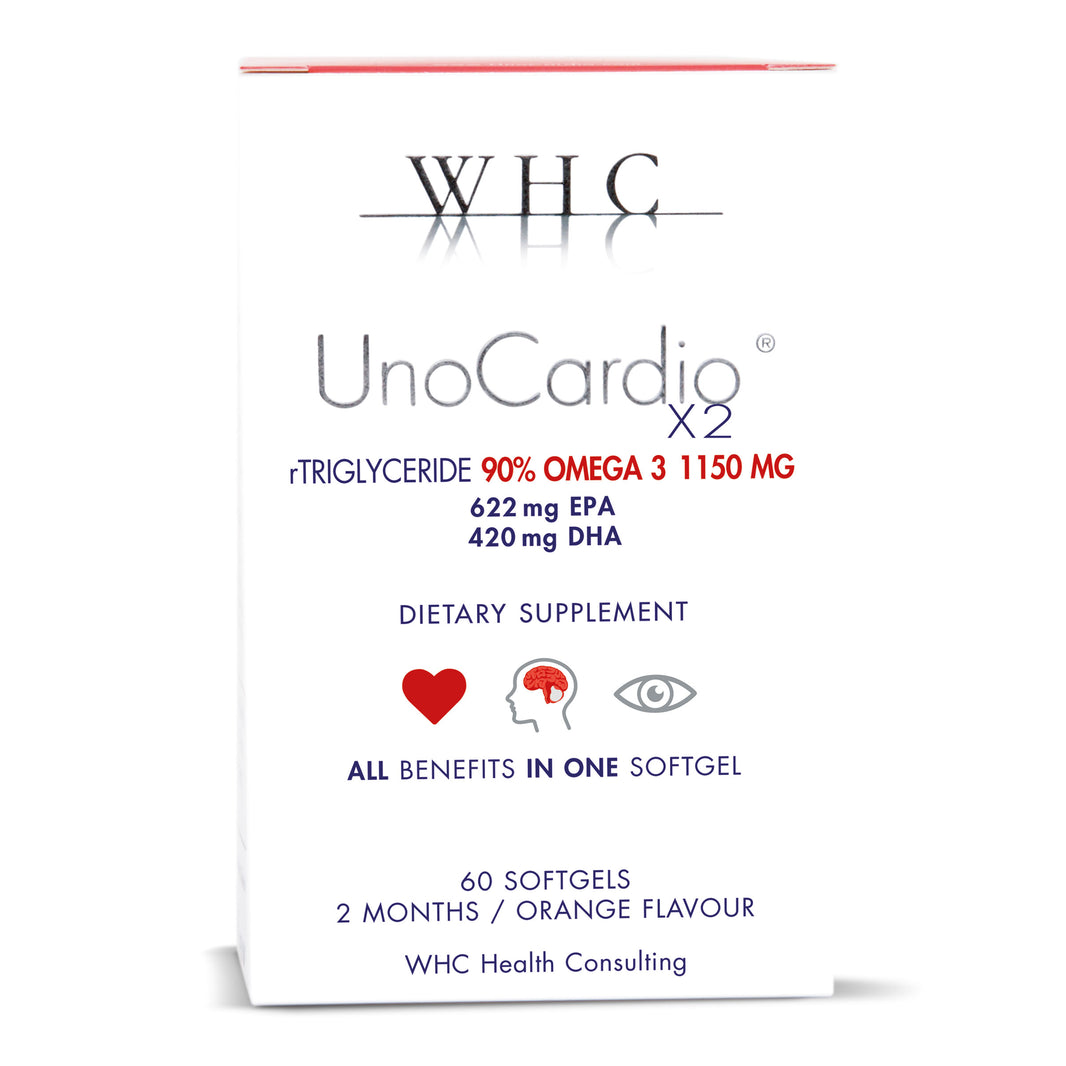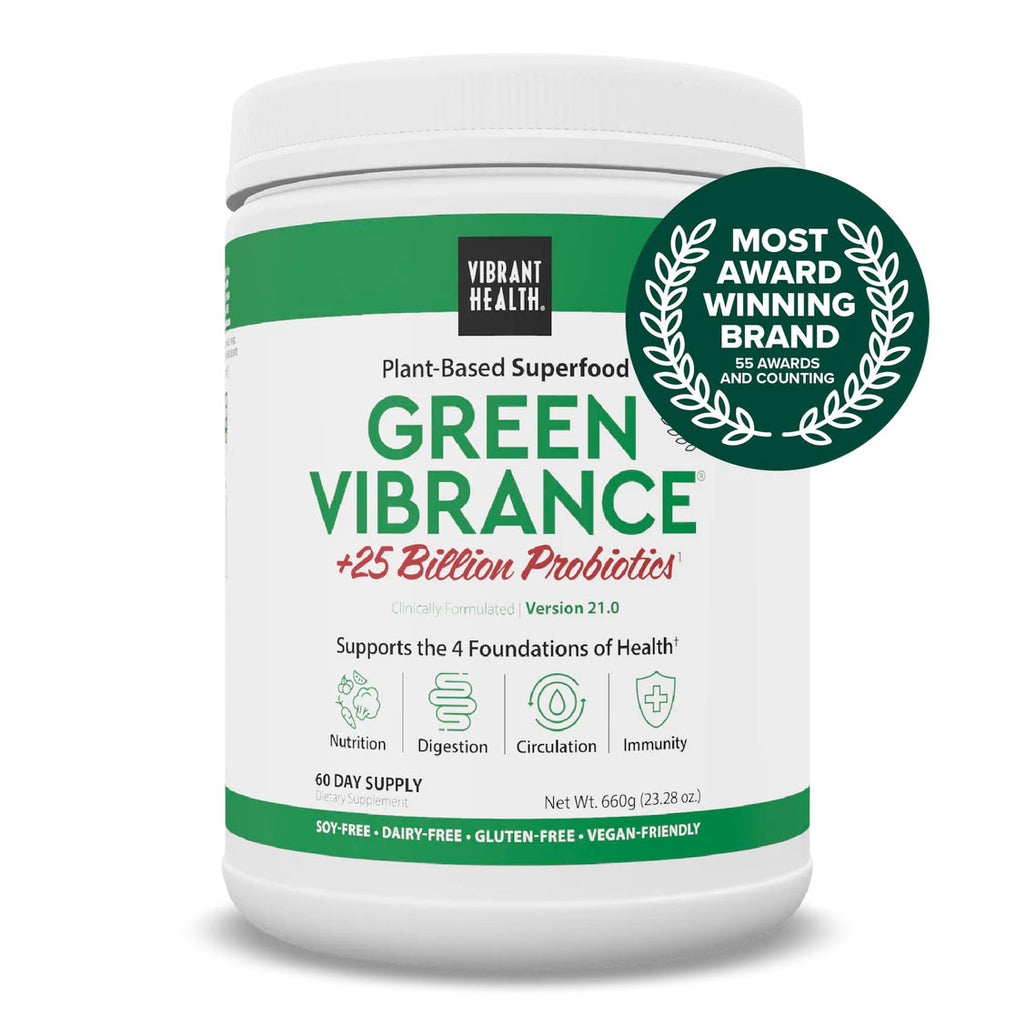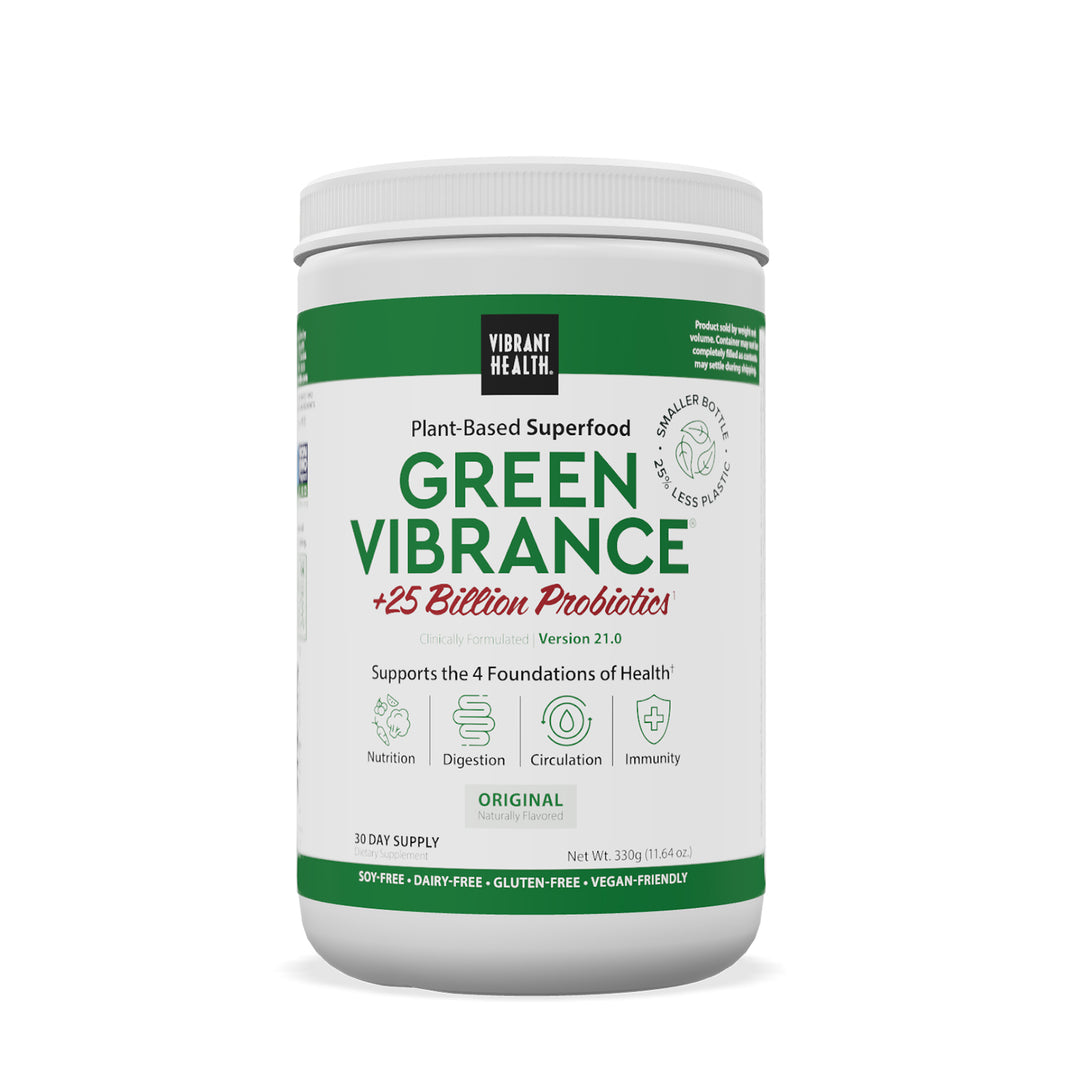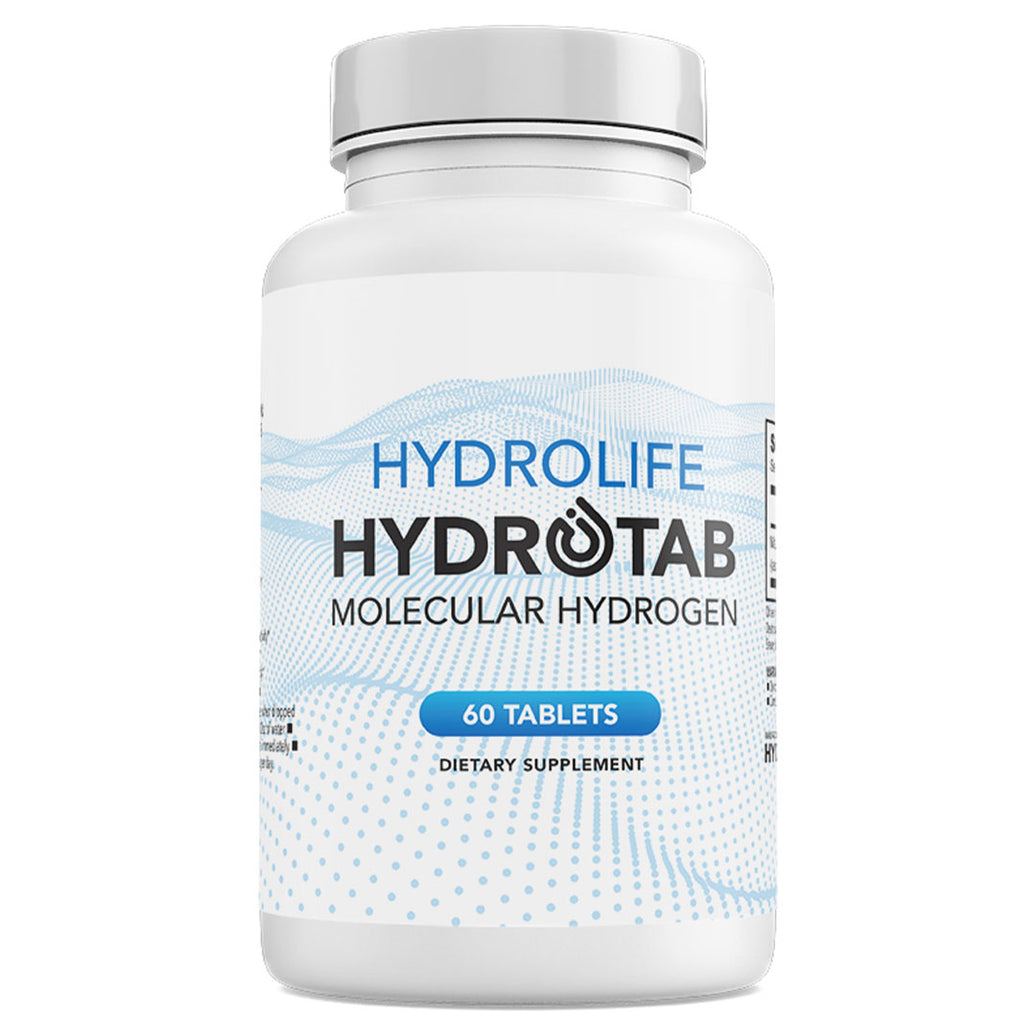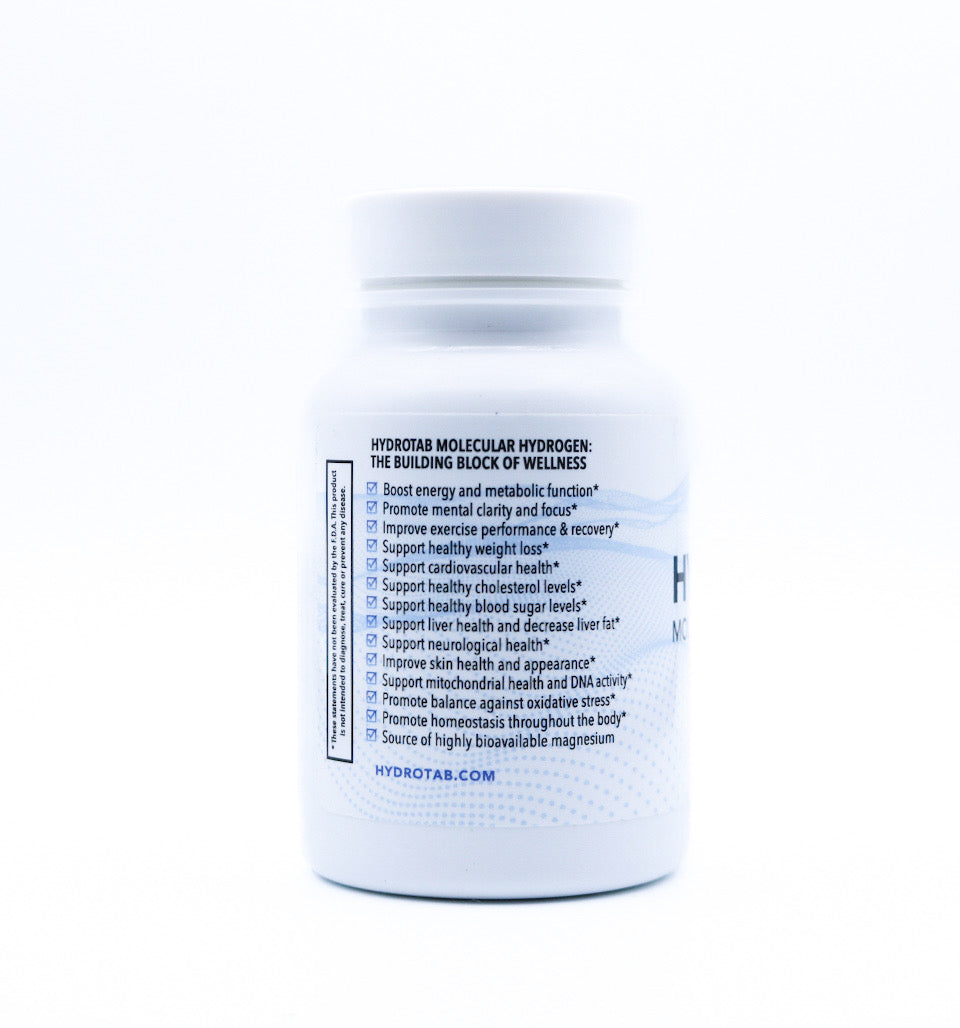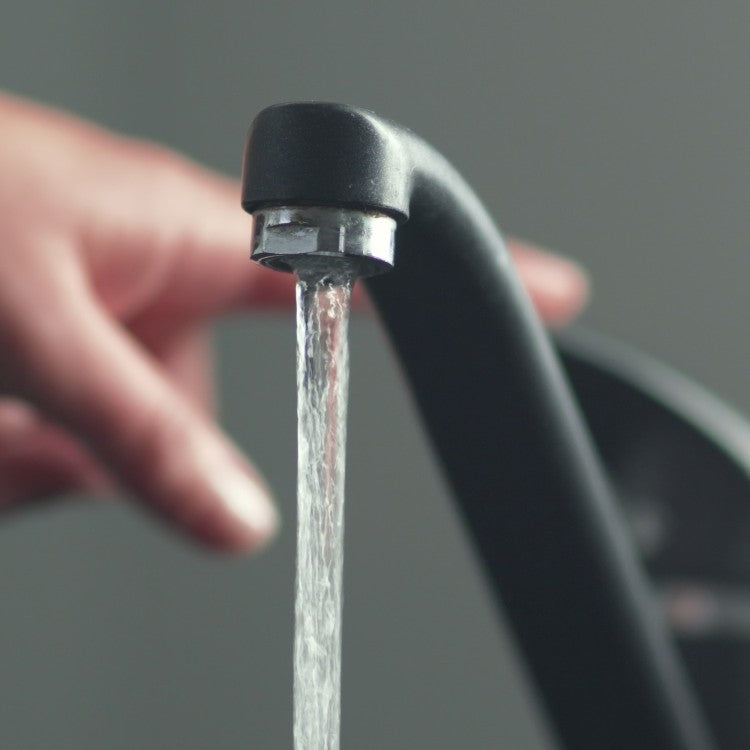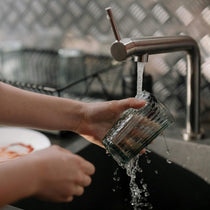We all know water is essential to life. The human body is around 75% water, and we rely on it to regulate temperature, transport nutrients, support digestion, and much more. Dehydration can quickly lead to uncomfortable symptoms such as dry skin, fatigue, headaches, and joint pain.
As Dr F. Batmanghelidj, author of Your Body’s Many Cries for Water, famously said:
“You're not sick; you're thirsty. Don't treat thirst with medication.”
But not all water is created equal. Many people now wonder: is tap water alkaline or acidic? And could switching to alkaline tap water or alkaline bottled water UK make a difference?
Tap water and what it really contains
In the UK, we’re fortunate to have water delivered straight to our homes. Municipal systems process this water to remove most contaminants. However, what remains can still raise questions.
Chemicals are often added to tap water, including:
Aluminium – to clear sediment.
Chlorine – to disinfect.
Disinfection by-products (DPBs) – formed when disinfectants react with organic matter.
Alongside these, residues from pharmaceutical drugs and personal care products may enter the supply. Everyday items like painkillers, antibiotics, lotions, and shampoos can find their way into drains and eventually into water systems. Farming and manufacturing also add to the mix, contributing pesticides and other by-products.
So, while UK tap water meets safety standards, the pH level of tap water in the UK can vary depending on region and treatment. Some water supplies lean slightly acidic, others slightly alkaline.
If you’ve ever wondered if tap water is acidic or alkaline, the answer is that it often sits somewhere in between.
Bottled water – a safer choice?
Bottled water is often marketed as a pure alternative, but this isn’t always the case. Tests have shown that many bottled waters are no different to tap water. Worse still, chemicals can leach from the plastic bottles themselves, especially when exposed to heat. BPA and other compounds are particular concerns.
And, of course, there’s the environmental cost. Millions of bottles end up in landfill every year. Even if you choose alkaline bottled water, it may not always deliver the benefits you expect.
Alkaline water explained
So, what exactly is alkaline tap water?
Simply put, it’s water with a pH above 7. The ph level of tap water can be anywhere between 6.5 and 9.5, depending on where you live. If the water in your region is closer to the higher end of that scale, you’re already drinking tap water alkaline in nature.
Supporters of alkaline water suggest it can help neutralise excess acidity in the body caused by diet, stress, or environmental factors. Because it has a different structure to ordinary water, it may also aid absorption. The ionisation process that produces alkaline water breaks molecules into smaller clusters, which are thought to move more easily through cell walls.
Alkaline water and antioxidants
Another point often raised in discussions of alkaline water is its hydrogen content. Hydrogen-rich alkaline water is said to act as a natural antioxidant. Free radicals, unstable molecules that damage cells by stealing electrons, are neutralised when hydrogen donates its own electron.
This process is what links alkaline water with potential protective effects against oxidative stress. While research is still evolving, it’s clear that the appeal of tap water alkaline or ionised water comes from this antioxidant potential.
How to obtain alkaline water at home
If you’re interested in making the switch, there are several practical options:
Lemon or lime – Adding citrus can shift water’s pH slightly, though it won’t purify it.
Alkaline jug filters – Affordable and convenient, these raise the pH of water while removing some impurities.
Under-sink filters – These provide a steady supply of alkaline tap water straight from your kitchen tap. Just be aware that not all filters also purify water, so research carefully before investing.
If you’re weighing up bottled water, be cautious. Even with alkaline bottled water in the UK, plastic leaching and environmental waste remain concerns. A filter jug or dedicated system may be the more sustainable choice.
Conclusion: is tap water alkaline or acidic, and should you switch?
Hydration is vital, but the quality of the water matters too. Is tap water alkaline? Sometimes — but not always. The ph level of tap water in the UK varies widely, and while bottled water may seem like an alternative, it comes with its own drawbacks.
Choosing alkaline tap water through a jug filter or home system could be a simple way to enjoy water that feels closer to nature. With fewer impurities and a balanced pH, tap water alkaline systems may offer a reassuring option for those looking beyond what comes out of the tap.
